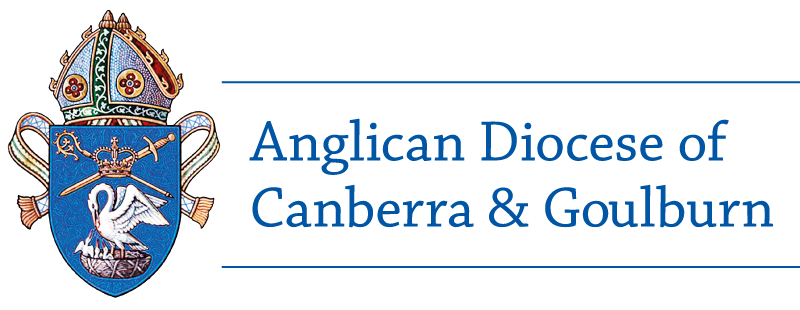Just as faith without works is dead, might values without virtues be empty?
I’ll come back to what I mean by that but first I want to touch on the big sporting news of the past fortnight – not the tragic defeat of the Parramatta Eels but the appointment and subsequent resignation of Andrew Thorburn as CEO of the Essendon Bombers.
I am not privy to all the discussions that led up to these decisions. Nor am I interested in adding to the polarised and passionate commentary around them. I do encourage us, regardless of our views on this matter, to consider the broader implications.
Reading the various commentaries on the Essendon saga I was struck that most, whether ‘conservative’ or ‘progressive’, assumed that religion is on the wane as our culture becomes more secular. However, for most people in the world and many people in Australia faith continues to be a vital part of their identity. This is especially the case for members of our immigrant and multi-cultural communities. These are also people who are over-represented in poorly-paid jobs with insecure employment relationships. That’s why getting faith and the workplace right matters – not primarily for the sake of former CEO’s who will probably land another well-paid and secure job, but for the sake of our culturally-diverse sisters and brothers in the outer suburbs of our big cities. They are ultimately most vulnerable to any situation where leadership in a traditional religious community places a ceiling on economic or organisational advancement.
So what has this to do with the distinction between values and virtues? I understand the former to be what we profess and the latter how we live. We can sign up to a statement of values in an instant, but virtues are formed in us over time. When the Bible lists the fruit of the Spirit in Galatians 5 (love, joy peace, forbearance, kindness, goodness, faithfulness, gentleness and self-control), we are being invited into a process of transformation, a Spirit-empowered journey of becoming more like Jesus.
All organisations, including churches and church organisations, have values. Sometimes those values are explicit, sometimes we discover them when we inadvertently transgress them. I believe it’s even better when organisations are able to name the virtues they wished to see expressed in their common life. Doing so has the potential to shift us away from zero-sum debates about competing ideas into more nuanced conversations about what it means to live together well with difference. It allows past and present behaviour to be assessed against some vision of the good life, and reminds us that none of us are yet what we hope to be.
The good news for those in Christ is that such hope will not disappoint. ‘Dear friends, now we are children of God, and what we will be has not yet been made known. But we know that when Christ appears, we shall be like him, for we shall see him as he is’ (1 John 3:2).

